The list includes 15 deemed to represent the most serious threat to national security.
“The French people must know that we absolutely check everyone who approaches the Olympic Games — so there are the volunteers, torch bearers, the people who will welcome you,” Darmanin told broadcaster LCI.
“There are a million checks to be done; we have already carried out 180,000 checks. We have excluded 800 people including 15 on ‘Fiches S’ (the dossier of the most serious threats).”
“That means that there are people who wanted to register to carry the flame, to be volunteers at the Olympic Games and who clearly did not have good intentions.”
Darmanin specified that among those excluded were “radical Islamists” and “radical ecology people who want to protest”. French security forces are screening up to a million people before the Olympics, including athletes and people living close to key infrastructure, according to the interior ministry.
Ahead of the start on July 26, all 10,500 athletes selected for the Olympics and 4,400 for the Paralympics will be subjected to background checks, as will their coaches and medical staff, in addition to 26,000 accredited journalists.
The Olympics are set to take place from July 26th-August 11th followed by the Paralympics from August 28th-September 8th.
France was placed on its highest alert for terror attacks in October after a suspected Islamist burst into a school in the north of the country and stabbed a teacher to death. The country has been consistently targeted by Islamic extremists over the last decade, particularly by the Islamic State group, while Israel’s war against Hamas in Gaza is seen as exacerbating domestic tensions.

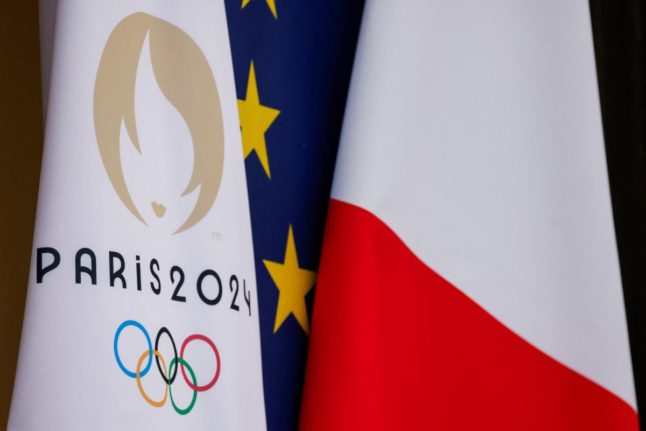
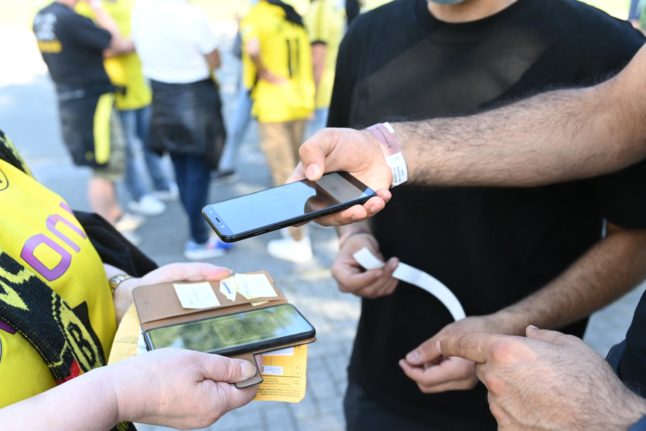
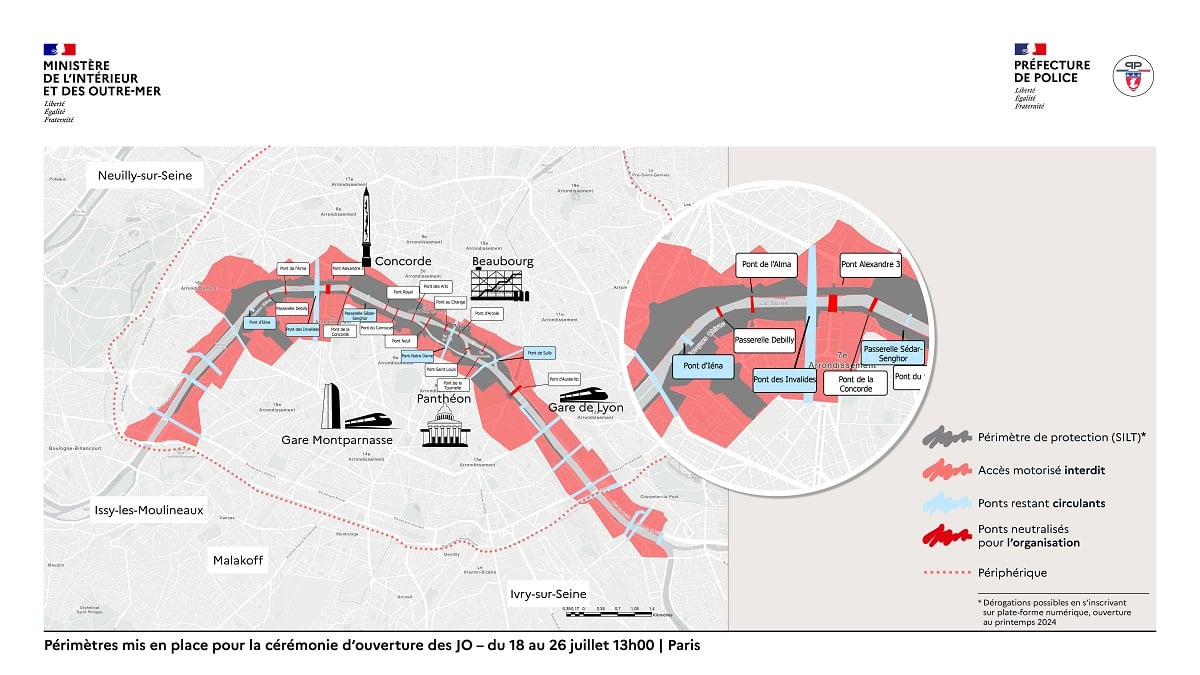
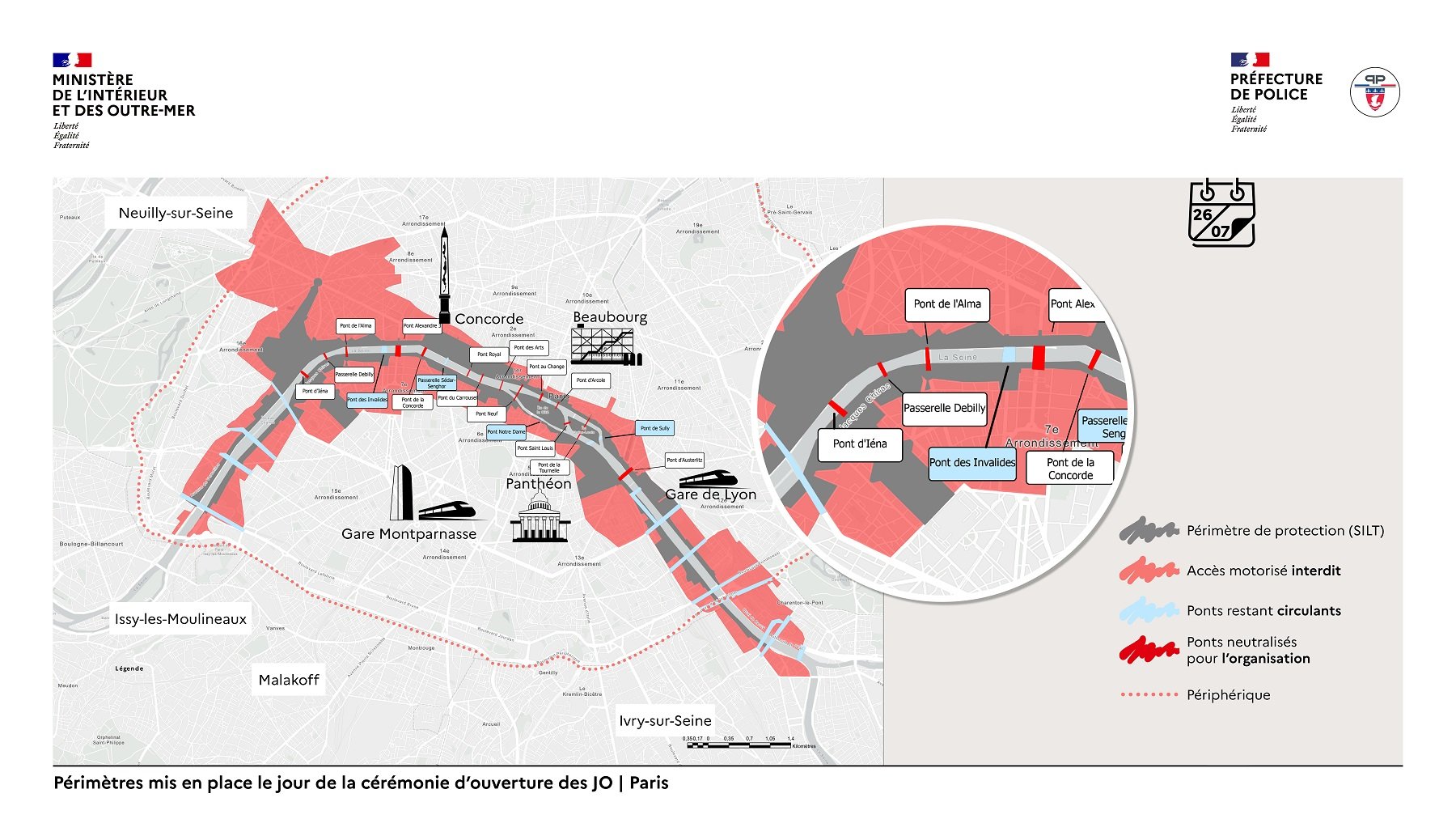
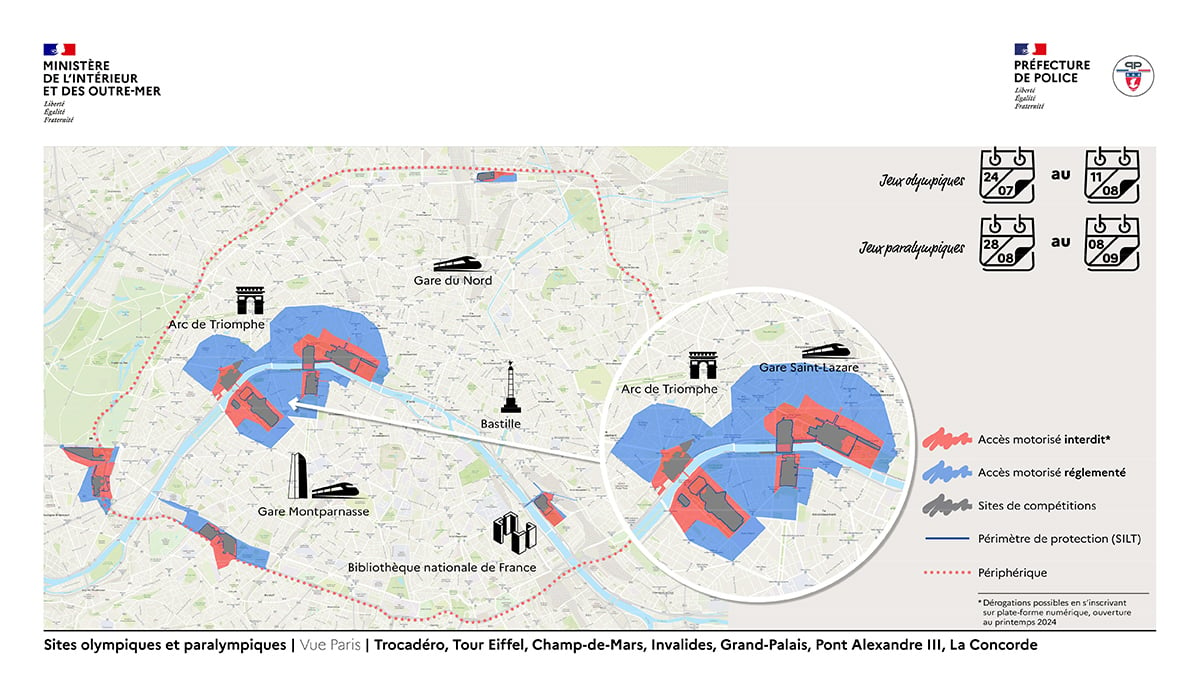
 Please whitelist us to continue reading.
Please whitelist us to continue reading.
Member comments